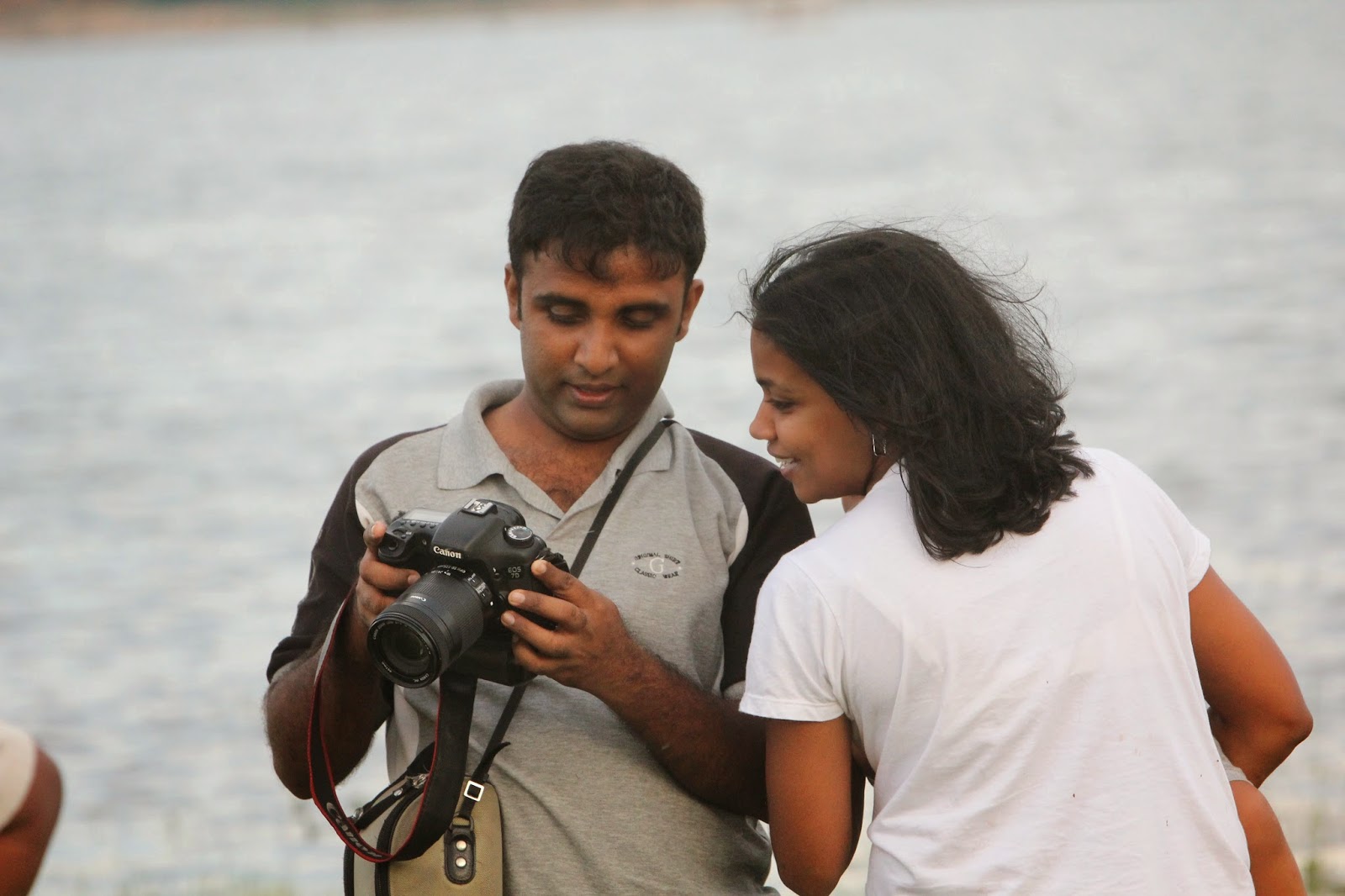Yudisthara, the Pandava Prince, so the Mahabaratha says,
once had to answer a series of question put to him by a demon who had concealed
his 4 brothers who had gone to fetch water from the pond that the creature
lorded over. At one point the demon had
asked, ‘what is the strangest thing in this world?’ Yudisthara, famed for
wisdom, had responded, ‘Everyday, every moment, a countless number of creatures
perish and yet none of us believe that death could overtake us the next
moment.’
That’s a somber kind of beginning to a Monday morning, I
know. We all die and this we know. We were born, we live, we get indisposed,
age, lost our faculties on by one (if we live long enough) and we die. Somehow,
though, in reflecting on life and death we skip happily around the odd parts
between the beginning and end. We might
be conscious of aging and might even visualize ourselves two three decades
ahead if we were to live that long, but somehow the infirmities are
skirted.
This is about that which we avoid thinking about. So when I say ‘future’ it is not in the way
that politicians talk about it, not in the way people describe possible
tomorrows for their children, comrades and followers. It is the future of close-to-death. I saw it all yesterday, December 11,
2010.
Yesterday, I went to a ‘future-place’. A home for the elderly. Located on Suramya Place , off the Moratuwa-Panadura
Old Road, in a small town called Gorakapola. David Jayasundara Wedihiti
Nivasaya. The occasion was to give alms
in memory of my late mother.
There were 40 residents, men and women. Some in their
fifties, there because they were too ill to take care of themselves and had no
one who would either. Forty
persons. Forty different personalities,
with hundreds of different quirks resident in each of them, just as it is the
case with anyone else. Lovely staff.
Caring and sensitive, very conscious of each eccentricity in each individual
and of inter-person dynamics. Different
food preferences, different illnesses and different medication. Not easy to handle, but handled with
care.
From the ‘here’ of 45, decent health, marketable skills and
many securities, it is easy to imagine that one would never end up where these
people are right now. On the other hand,
it occurred to me that none of them would have, say at the age of 7 or 17 or 27
or even 57 imagined such an end-place.
The truth is, regardless of current endowment, any of those residents
could be you, could be me, some years from now.
Or even tomorrow.
With us was one of my mother’s students. He is single.
No parents. No nieces or nephews.
On his own. He, more than I, was
stunned into a state of enlightenment, if you will. ‘I am confused,’ he confessed. He was
extrapolating, he told me. He was
imagining himself at 70 or older, in reduced circumstances health-wise. ‘Is this the future that awaits me?’ he was
essentially asking himself and me even as I asked myself the same
question. The answer, whether we like it
or not, whether we end up in Suramya
Place or not, we decay, inevitably. We lose sight, hearing, memory, motor
functions etc. We decay. We decay.
I am not suggesting that we stop living on account of the
above inevitability, but it is not silly to remember that wherever we are not,
whatever comforts we may enjoy today, there’s a tomorrow that awaits all of
us. I am not saying we should put aside
a little money to pay for funeral rites in the event we might have to end up in
Suramya Place
or its equivalent, but considering mortality can teach us humility.
My mother’s student had remembered a series of questions put
to a young girl by Budun Wahanse:
:
“Do you know where you came from,
Sister?”
“I don’t know”
“Sister, do you know where are you
going?”
“No.”
“Don’t you know, sister?”
“Yes, I do.”
“Do you know, sister?”
“No.”
She did know where she came from
in terms of who her parents were, but didn’t know from what world she had
arrived. She knew she was going to die someday, but did not know anything of
the relevant ‘Thereafter’. The particular girl, Budun Wahanse knew,
was to die that very day and not that ‘someday’ we think cannot be today, as
Prince Yudisthara observed. Subsequent to the discussion, she is said to have
transcended to the first of the Marga Pala, sovaan.
Took me to the wise words of the Ven. Vidagama Maithriya
Haamuduruwo in the Lowedasangarawa.
Two lines in particular:
‘Pana nam thana
I saw my future and it was a humbling revelation. We all make plans, but don’t incorporate this
particular slice of the future into them or into our every-moment being. Perhaps we should
*This article was first published on December 13, 2010 in the 'Daily News' to which paper the author wrote a daily column titled 'Morning Inspection' at the time.










